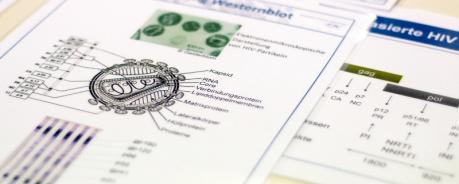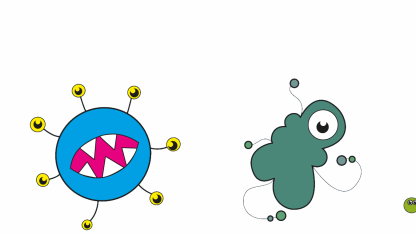
HIV is an abbreviation for “Human Immunodeficiency Virus.” In simple words: human immune-weakness virus. HIV damages the body’s own defenses, also known as the immune system.
Thus, the body is no longer able to fight off pathogens such as bacteria, fungi or viruses. In a worst-case scenario, certain life-threatening illnesses, such as severe pneumonia, can develop because the immune system is no longer able to fight them. This is known as AIDS.
AIDS is also an abbreviation which means “Acquired Immune Deficiency Syndrome.”
Today there are very effective treatments to fight HIV. They prevent reproduction of the virus in the blood, but are not able to eliminate the virus completely from the body. Thanks to these medications, most people infected with HIV can live many years with the virus without contracting full-blown AIDS.
The medications, can however cause severe side effects in some cases, and must be taken for the rest of your life.
Share on













